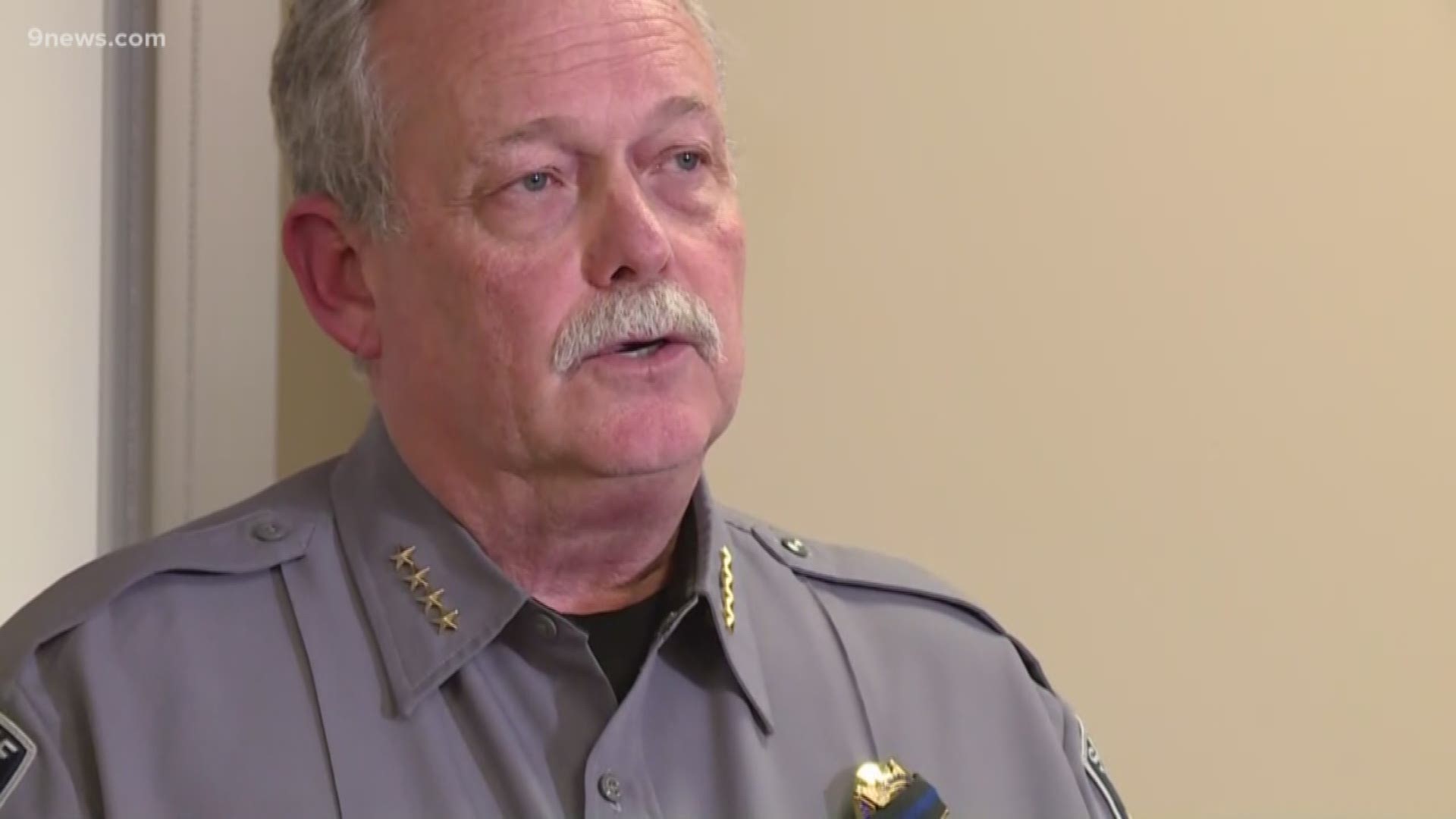DENVER — Immigration advocates say a new Colorado law will make the community safer, but federal immigration officials call it dangerous.
Governor Jared Polis signed HB-1124 into law on Tuesday.
Immigration and Customs Enforcement (ICE) can request that inmates suspected of an immigration violation be kept in jail until immigration agents can arrive to take custody of them, even if the inmate is eligible for release. The new Colorado law prohibits law enforcement from honoring that request.
“This bill primarily helps people feel safer in our community, no matter what their background is,” said bill sponsor, State Representative Adrienne Benavidez (D-Adams County).
The new law:
- Prohibits Colorado law enforcement from holding someone in jail, past their eligibility for release, only on the basis of a civil immigration detainer
- Prohibits a probation officer from sharing personal information about an inmate with federal immigration authorities
- Requires inmates to be advised of their rights before speaking to federal immigration officials
“People are going to have the same constitutional rights regardless of their status, and that’s huge,” said Raquel Lane-Arellano, the Policy Manager for Colorado Immigrant Rights Coalition. “That means people will have more trust in the system, feel they can report crime without fear of deportation.”
The organization strongly supports this new law.
“This bill affirms Colorado’s values in our constitutional rights,” she said. “And if we want to be a state that is forward thinking and welcoming, we need to make sure people feel safe here.”
In a statement on Wednesday, a spokesman for ICE called the new Colorado law "dangerous."
“By signing Colorado’s House Bill 1124, the state has codified a dangerous policy that deliberately obstructs our country’s lawful immigration system, protects serious criminal alien offenders, and undermines public safety,” ICE spokesman Carl Rusnok wrote in an email.
“Rather than honoring immigration detainers issued by U. S. Immigration and Customs Enforcement (ICE) and allowing law enforcement agencies to work together to keep criminal aliens behind bars, criminals will now be returned to the streets throughout Colorado. This is an irresponsible law that will undoubtedly have tragic future consequences at the expense of innocent citizens, lawful residents and visitors.
Our goal is to build cooperative, respectful relationships with our law enforcement partners. While we will continue our efforts to work with all law enforcement agencies in support of public safety, it is disappointing that the Legislature and Governor of Colorado have taken this step to further hamper ICE while violating their own primary mission of protecting the public.”
Representative Benavidez (D-Adams County) doesn't agree with ICE's characterization.
“This bill clearly states that this does not prevent Colorado law enforcement from enforcing criminal law, local, state, or federal criminal law,” she said. “And it doesn’t prevent them from entering into joint task force with federal agencies.”
Colorado sheriffs have largely refused to honor detainer requests from ICE, after courts ruled that keeping someone jailed without a warrant isn't constitutional.
The ACLU sued two sheriffs who continued to hold inmates on civil detainers: El Paso County and Teller County.
A judge ruled against El Paso County in 2018, and ordered El Paso not to honor civil detains requests from ICE.
The ACLU said the case against Teller County was dismissed.
According to ICE’s website, Teller County still has an agreement with federal immigration authorities.
The Associated Press contributed to this report.
SUGGESTED VIDEOS | Investigations from 9Wants to Know

